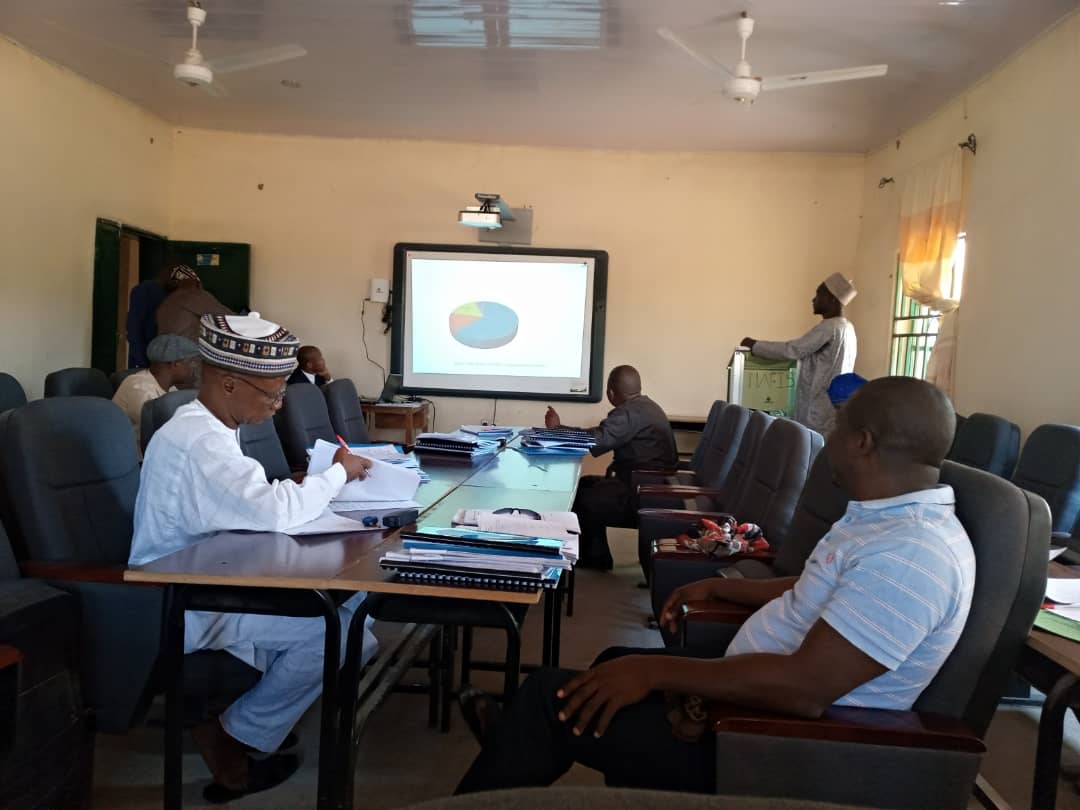On Saturday 7th March 2020, the tenth Open Data Day took place with people around the world organising over 300 events to celebrate, promote and spread the use of open data. Thanks to generous support from key funders, the Open Knowledge Foundation was able to support the running of more than 60 of these events via our mini-grants scheme.
This blogpost is a report from the Adamawa Agricultural Development Programme in Nigeria who received funding from Resource Watch to sensitise fishery stakeholders on the importance of stock taking to prevent overfishing and how to update a fisheries database using open data.
The Adamawa team held a training workshop on the importance of stock taking to prevent overfishing in our water bodies and enhance water resource sustainability using an open data approach on the 7th March 2020 in Yola, Nigeria.
Our aim was to sensitise the public on the use of open data applications in reporting with respect to stock taking to enhance fisheries resource sustainability and better fisheries management decisions.
The opening statement was given by Mr Emma Ngadina, a fisheries technologist, who highlighted that fisheries management decisions are often taken with difficulty and without reference to the status of exploited stocks in the water bodies due to poor stock assessment.
This was followed by the full sensitisation by Professor O.A. Sogbesan who stated that over-fishing was being caused by the weak capacities of fisheries administrators with respect to adequately interpreting and utilising research data for informed management decision-making.
Professor Sogbesan went on to explore the following topics:
- Introducing the issue of sustainability – what is it?
- Sustainable populations and overfishing
- The effects of unsustainable fishing and the status of our fisheries
- Why manage fisheries?
- Data collection strategies
Before conducting the following sensitisation training exercises:
- Data issues in fisheries data collection
- Developing data collection programmes for a variety of fisheries
- Data requirements for fisheries and aquaculture policy-making
By the end of the session, the fisheries stakeholders (students, fishermen, etc) had an improved understanding of the issues associated with data collection, analysis and interpretation of scientific data for informed decision-making.
The gathering contributed to strengthening the capacities of participants in the collection, analysis and use of data on fisheries for making informed decisions.
But attendees stressed the need for the allocation of more training days to allow for increased and much better understanding of concepts, techniques and skills of data and their interpretation for fisheries management and responsible aquaculture.









